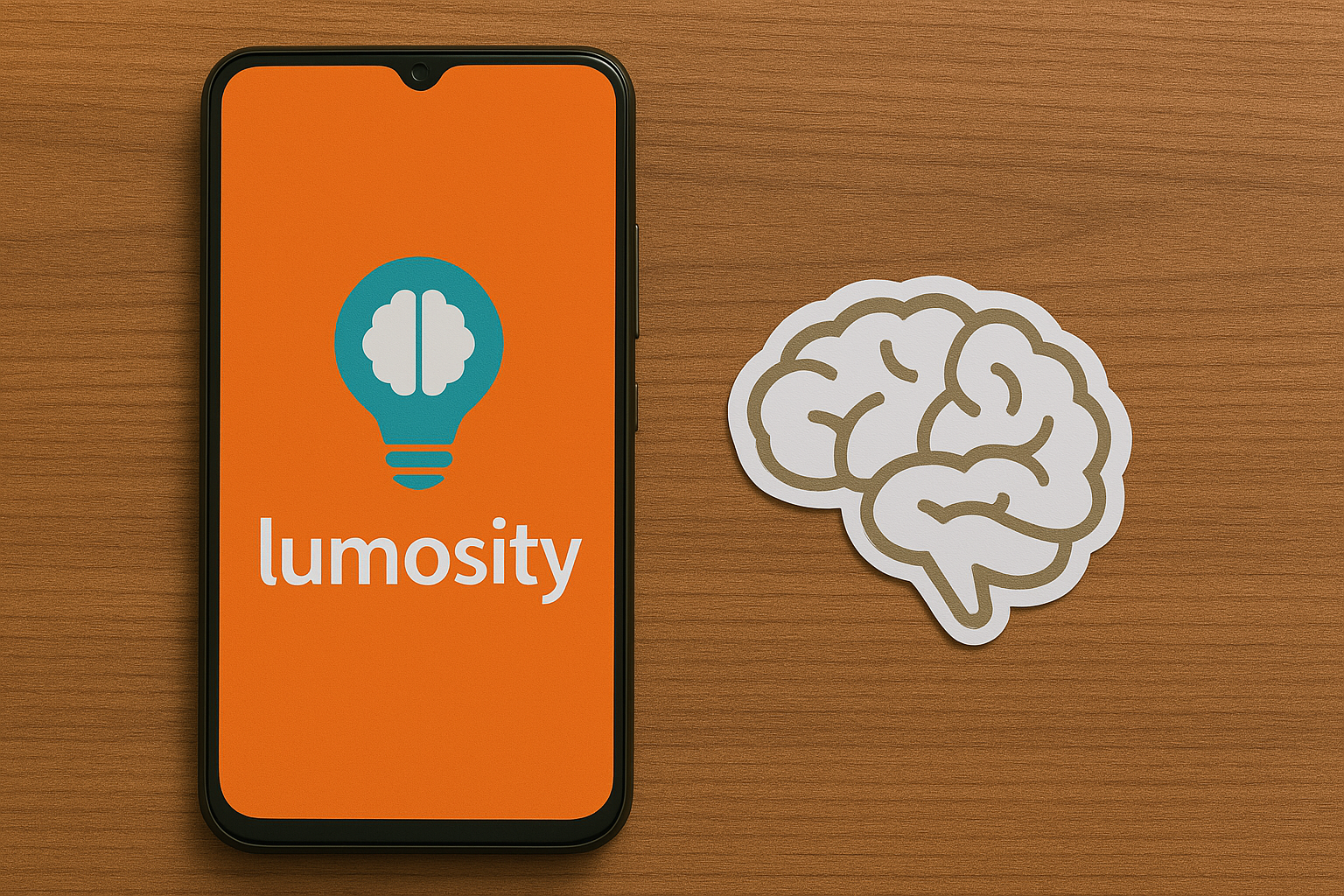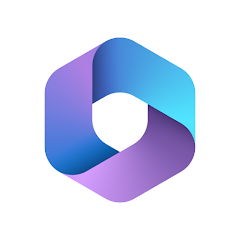Lumosity: Can This App Really Improve Your Brainpower?
20th April 2025
Jake Hopkins
In an era where cognitive enhancement is gaining significant attention, **Lumosity** has become a widely recognized application on the online platform that purports to enhance brain function and cognitive skills through enjoyable and interactive brain games. However, the question remains: Does it genuinely fulfill this promise? This article delves into the scientific foundations of **Lumosity**, evaluates user experiences, analyzes app effectiveness, and assesses the advantages and disadvantages of utilizing this mobile application. For those interested in determining whether this digital brain training program merits their time and investment, further exploration of the topic is encouraged.
Understanding Brain Training Apps
Brain training applications have surged in popularity in recent years as effective tools for cognitive enhancement, particularly in the domains of memory improvement, attention enhancement, and problem-solving skills.
Among these applications, Lumosity distinguishes itself by offering a diverse array of brain games specifically designed to stimulate mental exercises, enhance mental agility, and promote neuroplasticity.
These applications provide users with a structured platform to engage in daily challenges that focus on various cognitive skills, including the enhancement of attention, mental agility, and critical thinking.
By incorporating scientific studies, user testimonials, and performance tracking, brain training applications like Lumosity strive to deliver measurable improvements in brain health and cognitive function, thereby serving as a valuable resource for individuals aiming to enhance their cognitive capabilities.
Benefits of Brain Training
Engaging in brain training exercises provides a multitude of benefits, including cognitive improvement, memory enhancement, problem-solving skills, and enhanced attention training, all of which become increasingly important as individuals age.
These advantages are rooted in the principles of neuroplasticity, whereby consistent mental stimulation, including mental workouts and daily challenges, can lead to notable enhancements in cognitive flexibility and overall brain function.
Individuals who regularly participate in brain training programs often report improved mental performance, heightened focus, increased productivity, and an increased capacity to address complex problems with greater efficiency.
Additionally, ongoing cognitive challenges can contribute to mitigating age-related decline and sustaining mental agility, rendering brain training an essential practice for individuals across all age groups.
1. Improved Memory Recall and Cognitive Development
One of the most recognized advantages of brain training is the enhancement of memory recall, which is achieved through targeted cognitive exercises aimed at improving brain function and retention capabilities. Numerous users of programs such as Lumosity have reported significant improvements in their ability to remember important information.
This enhanced recall is often developed through interactive learning methods, personalized training, and daily challenges that stimulate various regions of the brain.
These exercises, including memory games and mental challenges, can vary from simple tasks that necessitate pattern recognition to more intricate tasks that involve problem-solving under time constraints. Neurologically, such activities promote neuroplasticity, enabling the brain to adapt, improve reasoning skills, and form new neural connections, which are vital for effective memory retention.
Scientific studies have shown that regular participation in memory training not only sharpens recall but may also delay cognitive decline in older adults. Feedback from participants frequently indicates an increase in confidence alongside improved learning capabilities, underscoring the significance of consistency and variety in a memory-enhancing regimen.
2. Enhanced Focus, Attention, and Visual Memory
Enhanced focus and attention are significant advantages of participating in brain training activities, enabling individuals to maintain improved concentration on tasks and enhance their attention control.
Programs such as Lumosity employ a variety of brain games and training programs that challenge users to complete tasks within specified time limits, which has been shown to markedly improve attention span, processing speed, and auditory processing.
Integrating such tools into daily routines can lead to substantial improvements in cognitive functions and mental resilience. For example, activities designed to enhance selective attention assist users in prioritizing important information while effectively filtering out distractions and managing cognitive load, a skill that is vital in both professional and personal contexts.
Cognitive assessments provided by these programs offer measurable insights into improvements in focus and productivity, allowing individuals to monitor their progress over time. This not only cultivates motivation but also illustrates the tangible benefits of attention training and skill development, ultimately enhancing overall quality of life by promoting better decision-making and increased productivity.
3. Boosted Problem-Solving Skills and Creativity
Brain training not only enhances cognitive functions but also improves problem-solving skills and creativity, which are vital for effective decision-making, critical thinking, and quick thinking in everyday life. Participants often discover that the strategic thinking required in brain games enables them to develop mental strategies for addressing complex problems more efficiently.
By incorporating various training programs, such as workshops, interactive games, and cognitive psychology techniques, individuals can refine their analytical abilities and enhance their approach to challenges both at home and in professional settings. These programs typically emphasize the importance of thinking outside the box, fostering creativity while simultaneously sharpening critical assessment skills.
Given that personal and professional situations often demand rapid responses, the mental strategies acquired through regular participation in these challenges prove to be invaluable.
In professional environments, improved problem-solving skills, enhanced cognitive efficiency, and creativity can facilitate more effective teamwork and drive innovation, ultimately contributing to enhanced productivity and organizational success.
Scientific Research and Cognitive Development
The efficacy of brain training applications, such as Lumosity, has been the focus of extensive scientific investigation by neuroscience experts, with numerous studies assessing their influence on cognitive function, brain performance, and overall brain health.
These research endeavors typically evaluate the applications' effectiveness through a range of cognitive assessments, analytics, and performance tracking, offering valuable insights into the contributions of digital learning tools to cognitive therapy, behavior change, and development.
As the field of neuroscience continues to advance, emerging findings illuminate the potential of brain training to enhance learning capabilities, skill acquisition, and learning outcomes across various user demographics.
1. Reviews, User Testimonials, and User Satisfaction
User reviews and testimonials play a crucial role in evaluating the quality and effectiveness of brain training applications such as Lumosity, offering valuable insights into user satisfaction, engagement, and user feedback. Numerous users share their personal experiences regarding improvements in cognitive skills, memory recall, and overall mental performance following consistent usage.
For example, one user noted that after several weeks of daily practice and self-assessment, they observed an improvement in their focus during work tasks, which they attributed to the app’s targeted exercises. Conversely, some reviews express skepticism, indicating that while they enjoyed the fun challenges and game design, they did not perceive any significant changes in their cognitive abilities.
Despite the mixed feedback, the overall sentiment suggests that when users engage with these platforms with realistic expectations, they often experience enjoyment, increased mental agility, and engagement. Therefore, user testimonials not only reflect individual experiences but also contribute to the collective credibility and cognitive load attributed to brain training applications.
2. The Role of Gamification in Learning and Adaptive Learning
Gamification plays a significant role in enhancing the learning experience and adaptive learning within brain training applications by providing interactive training that effectively engages and motivates users. By integrating game-like elements into cognitive exercises, applications such as Lumosity not only make the learning process enjoyable but also increase the educational value of each session.
This methodology leverages the inherent human inclination towards competition, achievement, and skill improvement, encouraging users to challenge themselves and monitor their progress in a visually appealing and rewarding manner. Through the use of points, badges, and leaderboards, individuals are motivated to strive for higher levels of performance while simultaneously enjoying the experience.
Furthermore, gamification cultivates a sense of community and user engagement, allowing users to connect and share their experiences, thereby strengthening their commitment to learning and cognitive enhancement.
It is essential to strike a balance between engaging elements and substantial educational content, as this not only sustains the user's attention and longevity but also promotes effective learning strategies that enhance cognitive development, retention, and mental fitness. This approach ultimately contributes to a more comprehensive mental fitness journey.















